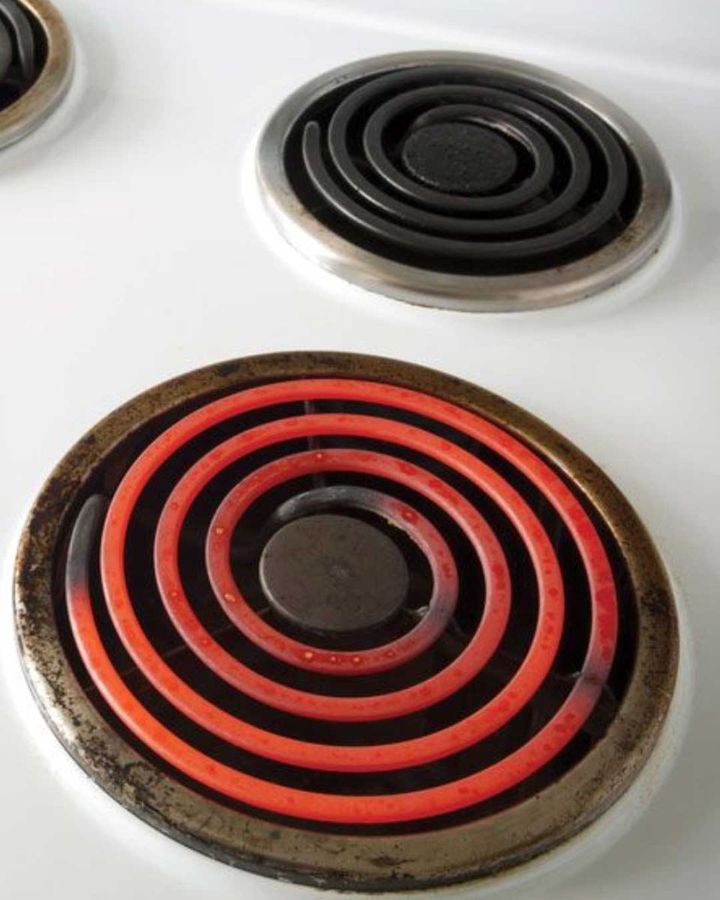ADVERTISEMENT
What’s Better, Gas or Electric for Cooking? Here Are Some Things You Should Know
When it comes to outfitting your kitchen, one of the most significant decisions you’ll make is whether to use a gas or electric stove. Both have their pros and cons, and the best option for you will depend on factors like cooking style, budget, and your kitchen setup. Whether you’re a seasoned chef or a home cook looking for the right equipment, here’s everything you should know to make an informed decision about gas vs. electric cooking.
Gas Stoves: The Traditional Favorite
Gas stoves have long been a favorite among professional chefs, and for good reason. They offer certain advantages that make them an appealing option for cooking.
Pros of Gas Stoves
- Instant Heat Control: With gas, you have precise, immediate control over the flame. Turn the burner up or down, and the heat responds instantly. This is ideal for recipes that require quick adjustments to cooking temperature.
- Even Heat Distribution: Gas burners provide even heat, ensuring consistent cooking results. This is especially important when cooking dishes that require gentle simmering or high heat for searing.
- Cooking with Real Flames: Many cooks prefer cooking over an open flame, feeling that it adds an extra layer of satisfaction and control. It also provides better browning for some dishes, especially when using a cast-iron pan.
- Works During Power Outages: A significant advantage of a gas stove is that it doesn’t rely on electricity to function. If the power goes out, you can still cook with ease as long as you can light the gas.
- Lower Operating Costs: In many areas, natural gas is often cheaper than electricity. This means running a gas stove might cost less over time, making it more economical for regular use.
Cons of Gas Stoves
- Cleaning Challenges: Gas stoves typically have grates and burners that can be harder to clean than electric stoves. Food spills can fall into crevices, making it time-consuming to clean thoroughly.
- Uneven Surface: Some cooking utensils may not sit evenly on gas burners, especially if the pot or pan is smaller than the burner, leading to uneven cooking. Additionally, gas stoves can be difficult to repair if something goes wrong with the burners or igniters.
- Safety Concerns: Gas stoves use an open flame, which can pose a safety risk. Leaks or improper use can lead to dangerous situations such as carbon monoxide buildup or fires. Proper maintenance and attention to detail are key to keeping them safe.
Electric Stoves: Convenience and Consistency
Electric stoves have risen in popularity due to their convenience and advancements in technology. Modern electric stoves offer sleek designs and great performance.
Pros of Electric Stoves
- Smooth, Easy-to-Clean Surface: Electric stoves, especially those with a smooth-top surface (such as induction or glass-ceramic), are much easier to clean than gas stoves. There are fewer parts to clean, and spills generally wipe up easily.
- Consistent Heat: Electric stoves, particularly induction ones, provide consistent heat with no fluctuations. This makes them a good option for cooking with precision, such as when making delicate sauces or baking.
- More Precise Temperature Control (Induction): Induction cooktops use electromagnetic energy to heat pots directly, allowing for highly accurate temperature control. They can heat up faster than traditional electric stoves and offer very precise adjustments to heat levels.
- Sleek Appearance: Electric stoves generally have a more modern and sleek appearance, with flat surfaces that fit seamlessly into any kitchen design. The smooth surface is not only aesthetically pleasing but also easy to maintain.
- Safety Features: Electric stoves tend to be safer than gas. With electric, there’s no open flame, which reduces the risk of fires. Induction stoves, in particular, are safer since the heat is directly transferred to the cookware, leaving the cooking surface cooler to the touch.
Cons of Electric Stoves
- Slower Heat Response: While electric stoves are reliable, they don’t offer the same immediate response as gas. The heating element takes time to warm up and cool down, which can make it harder to adjust temperatures quickly while cooking.
- Energy Consumption: Electric stoves, especially traditional coil models, are typically more energy-hungry than gas stoves. This could mean higher energy bills over time, especially if you do a lot of cooking.
- Cooking Experience: Some chefs and home cooks prefer the experience of cooking over a flame, which electric stoves can’t provide. The direct flame interaction with the pan adds a different cooking dynamic that many cooks enjoy.
- Power Dependency: Electric stoves require a power supply to function. If there’s a power outage, you won’t be able to cook, unlike with a gas stove.
Gas vs. Electric: Which Is Right for You?
Ultimately, the choice between a gas or electric stove depends o
